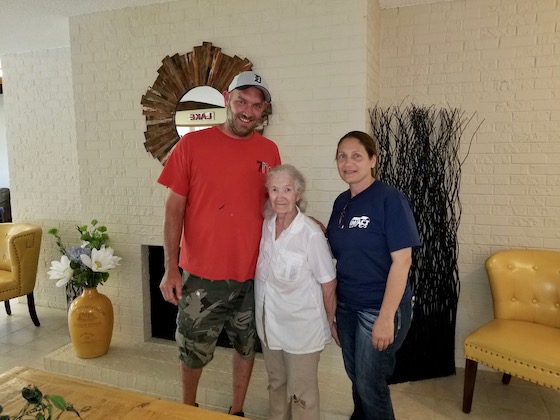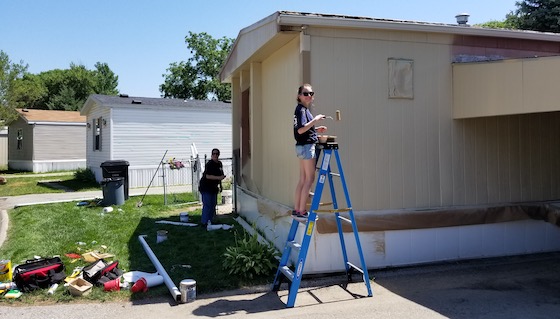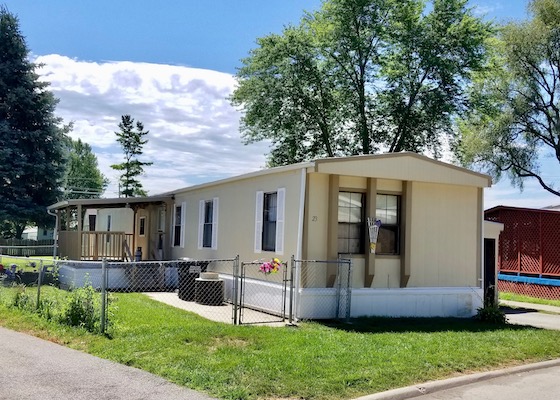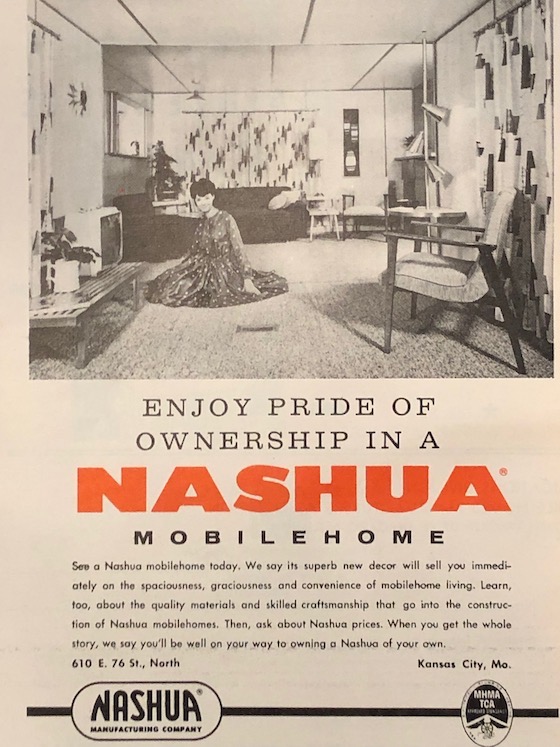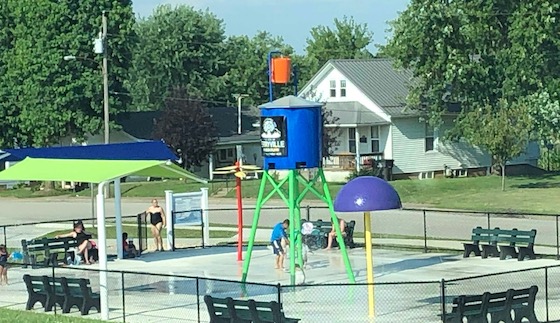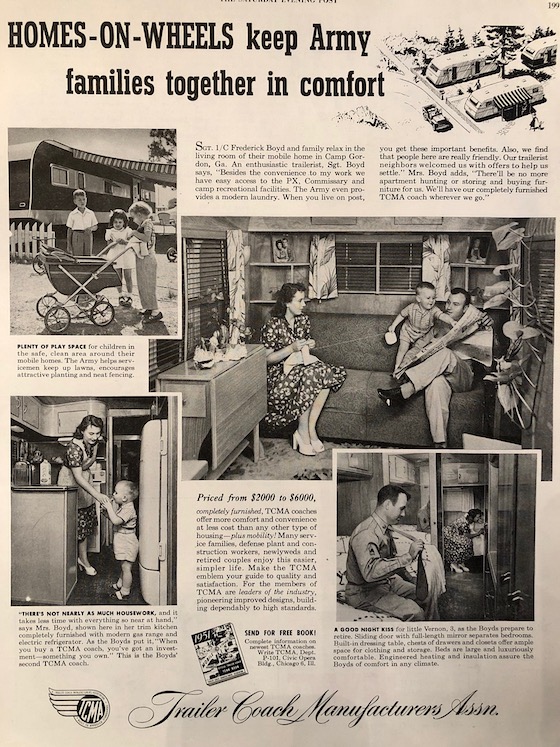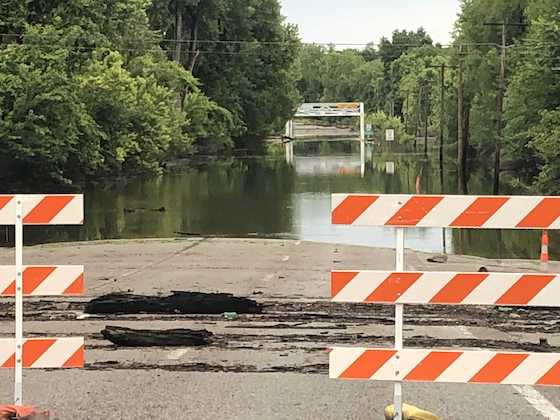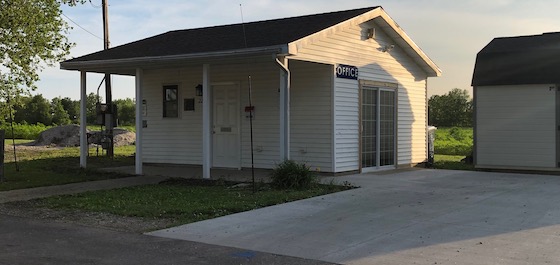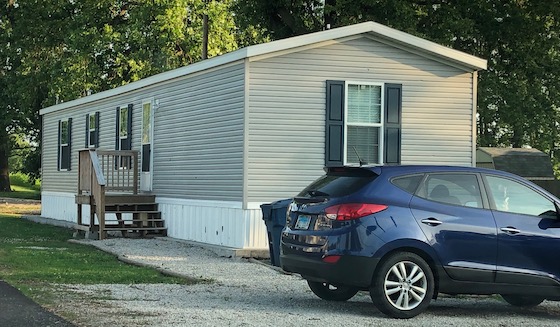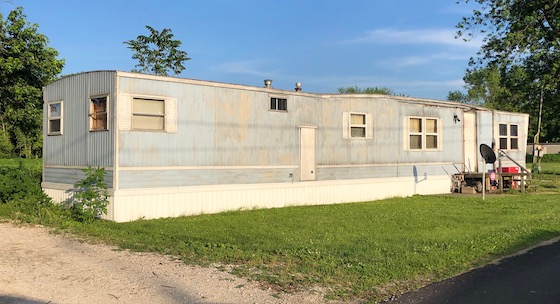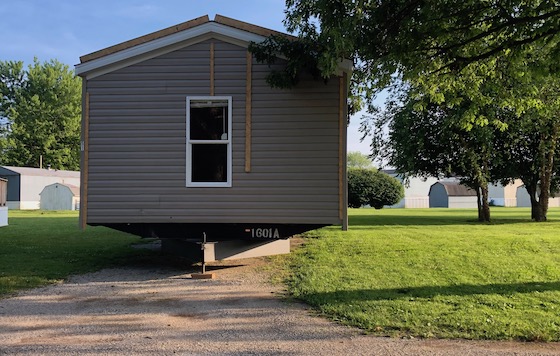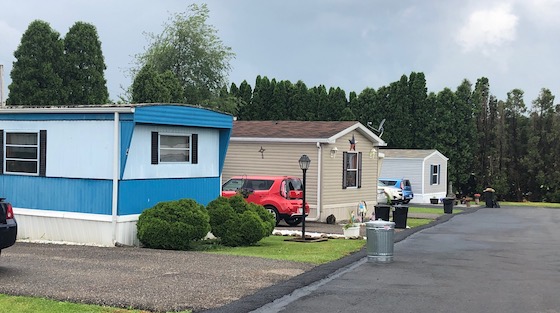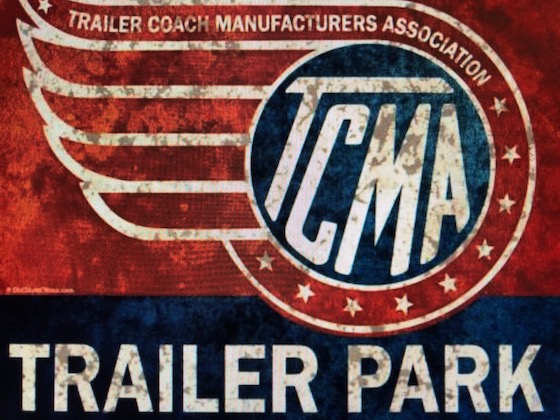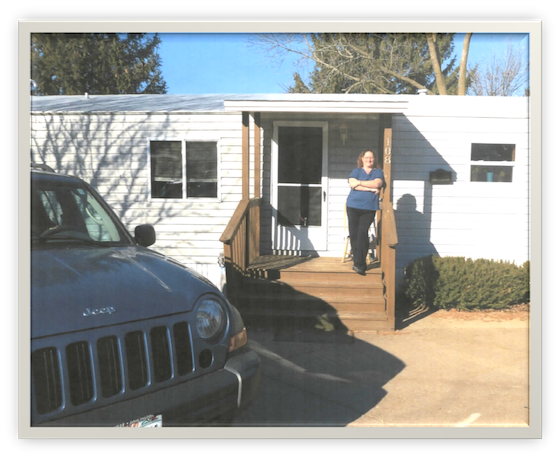U.S. weather is growing more severe. And part of that shift has been extreme flooding – the type that seems impossible on paper, such as 5’ of rain in Texas during Hurricane Harvey, or the enormous rainfall that hit parts of Iowa and Oklahoma just recently. It is more likely than ever before that any mobile home park with flood plain in its boundaries will have rising water at some point in the near future. So what do you do if flooding hits your property?
Stay calm
In any stressful situation, the first requirement is to stay calm. You have to make good, solid decisions, and working from a reactionary platform is never in your best interests. If you have never seen it before, you might want to watch this short video of Sully Sullenberger landing the jet in the Hudson after striking a flock of birds. He remains calm throughout the entire ordeal, and that allows him to make the right decisions and land safely. One way to help you stay calm and in control is to always have a plan for the worst case. You need to think about what would happen in the event of impossibly high water, and be prepared.
Focus on safety
Property can be replaced. Humans can’t. Make sure to head any safety warnings and do not put your manager into harms way. You need to make sure that you are perpetually aware of any action that could cause injury to your manager or residents. Do not try to do any heroic stunt to stop the flooding if it imperils anybody, such as trying to have your manager run out and build an earthen berm with a backhoe that they don’t even know how to use.
Remove what you can if you have time
All RVs should be immediately moved out of harm’s way. Additionally, if you have brought in new or used homes that are not yet set up, get a mobile home mover to relocate these to the highest point of the property.
You will probably have evacuation orders and power shut off
In rising floodwaters, it is common for the city government to order evacuation of those in the path of danger, as well as to shut the power off as a precaution. Do not fight these orders. It is a temporary disruption and is simply designed to minimize damage. Evacuation orders are often lifted within a day or two and the power is turned right back on.
Order dumpsters ahead of the pack, as well as remediation crews
If floodwaters have already hit your property, then you need to act fast to get dumpsters and workers ahead of the pack. Everyone will be needing these services, so you need to line them up immediately. Call to get dumpsters dropped off before the trash company runs out, as well as contact companies that work on water remediation to set up their arrival. Being just a couple days late can result in massive delays.
Get grounds clean up going immediately
One bit of good news in most floods is that they do not leave behind much property damage. Floating debris tends to go back out with the water, so there is not much left on the ground. That which is there can be quickly removed. There may also be mud in the streets, but this is normally not a big deal and once it dries is easily swept up. You may also have some skirting missing, but this can also be fixed without a lot of expense.
Contact insurance agent and take photos to document
If you have flood insurance, you will want to get your insurance agent involved immediately. Let them tell you exactly what to do, as they will be writing the check and have some very particular instructions. Everything that occurs from the flood should be photographed and well documented. Do not touch or correct anything without this archive.
Make an organized action list
Make a complete list of any and all homes affected by the flood. Remember that to damage a mobile home the water must typically be higher than the floor of the home (generally the transom of the front door). Many mobile homes will be sparred from loss because of the simple fact that they are on “stilts” of concrete blocks as part of their natural design. If the water was 18” high, the home is probably fine. If the water gets high enough to impact the insulation under the home, then it will need attention. Make a list of all homes that may have water that hit the floors or insulation so this can be addressed. You can often visualize exactly how high the water went by discoloration on the skirting or exterior wall of the home.
Keep in constant contact with all effected residents
If these homes were occupied, then there are belongings to contend with, as well as disruption to lives and work. You will need to stay in constant contact with these residents to get the path to resolution addressed. Have your manager get the contact numbers for all affected parties, who typically will now be staying at local hotels.
Get everything wet out and into the dumpsters
Of course, the first step in solving a flood issue is to remove everything wet and start the drying process. On homes where the water only rose to the level of the insulation on the bottom of the home, this involves its removal. On homes where water went over the floor, then it will often require removal of all furniture, carpet and padding. These wet items must be thrown in the dumpsters, and then typically fans are installed and turned on high to increase the speed of drying. Additionally, drywall and paneling will need to be removed to stop the potential of mold.
Help show the way for the privately-owned homes
Any park-owned homes are your concern, but you also don’t want the privately-owned home residents to give up and leave. So help instruct them on what to do. Have your workmen act as mentors to show them the correct steps and push them along. Let them utilize your dumpsters. Be a part of the solution on a macro scale.
Get ready for a demand spike
Following most floods, mobile home parks are seen by FEMA as the solution to the housing crisis. All those residents of stick-built homes and apartments fare much worse than mobile homes because their residences are at ground level, not 3’ in the air. FEMA will often rent every lot in your park to bring in FEMA homes to house these people. Additionally, any vacant park-owned homes are suddenly a hot commodity with those who have been displaced. So the initial issues of flooding are soon swapped for a huge spike in demand. That’s another reason you want to move quickly to harness this need.
Conclusion
Flooding is becoming a more common weather disaster. Fortunately, mobile homes fare better than most any other type of housing in these cases. That being said, this list will help give you some pointers on what to do when waters rise.

